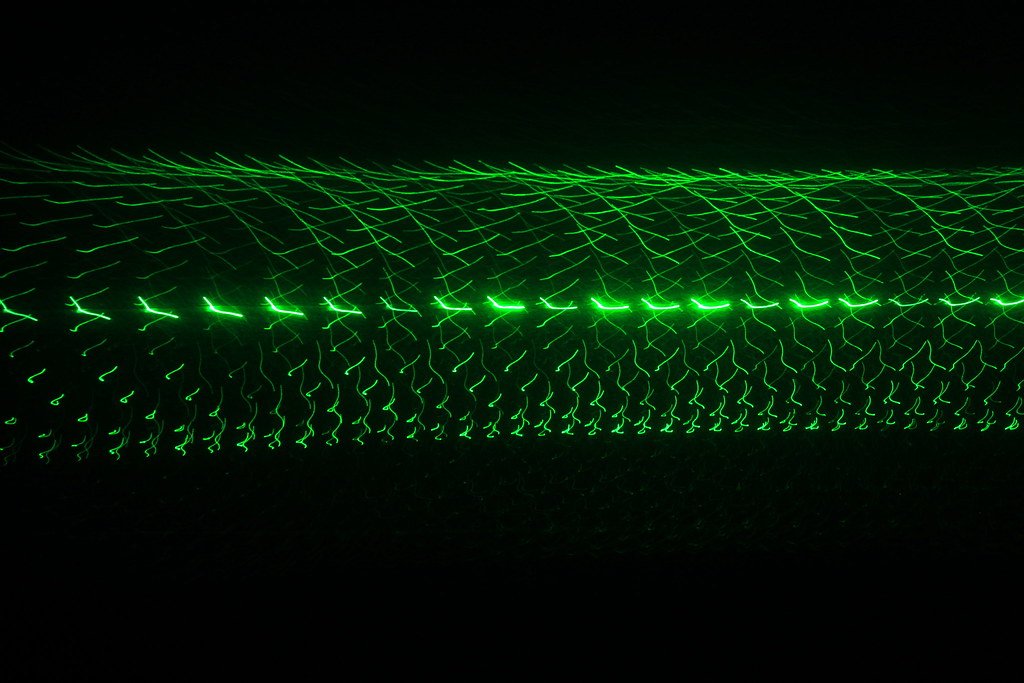Deepfakes to be targeted in Danish copyright law

The Danish government is set to crack down on AI-generated ‘deepfakes’ by updating its copyright law. The change would mean that every individual has the right to their own body, facial features, and voice.
Copenhagen revealed it would strengthen protections against digital copies of people’s identities. This would be the first law of this kind in Europe. The law has secured support from multiple parties and the country’s department of culture hopes to submit proposals to amend the current law for consultation before the summer recess. The amendment will be submitted in the autumn.
Deepfakes are defined as very realistic digital representations of an individual. This could refer to their appearance or voice. The bill hopes to send an “unequivocal message,” according to the Danish culture minister, Jakob Engel-Schmidt, that everyone has the right to how they look or sound.
“In the bill we agree and are sending an unequivocal message that everybody has the right to their own body, their own voice and their own facial features, which is apparently not how the current law is protecting people against generative AI,” he told The Guardian. “Human beings can be run through the digital copy machine and be misused for all sorts of purposes and I’m not willing to accept that.”
The measure is expected to have the support of nine in 10 MPs. It comes as AI technology is rapidly developing, making it easier than ever to create fake images, audio, or video, that can appear to be a real person.
Once approved, the law will allow anyone in Denmark to demand that online platforms remove such content if it is shared without their consent. “Realistic, digitally generated imitations” of an artist’s performance without consent will also be covered. Those affected could be entitled to compensation. Parodies and satire however would not be affected.
Stay tuned to EyeOnLondon for the latest news and expert opinions.
Follow us on:
Subscribe to our YouTube channel for the latest videos and updates!
We value your thoughts! Share your feedback and help us make EyeOnLondon even better!









